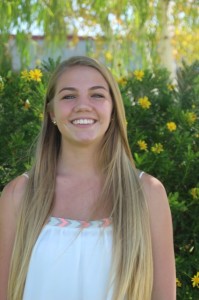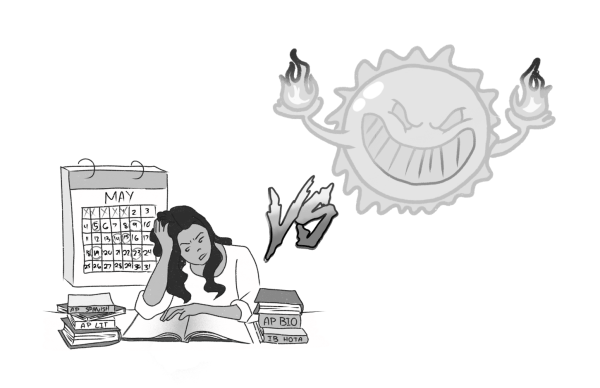The iPad is Mightier Than the Pen? State Changes Testing Format in 2015
In the past, the Standardized Testing and Reporting (STAR) exam had been a hard-copy written assessment. However, this year, with the transition to the California Assessment of Student Performance and Progress (CAASPP) exam, students in grades 3 through 8 and in grade 11 will be taking the tests mostly on iPads. Because of this, students at CHS have been taking practice tests on the iPads provided by the school. Within these practice tests, many problems with the system have arisen. The issues have resulted in confusion as well as frustration in classes taking the practice tests.
“While practicing it in multiple classes, I have seen the potential that it has to be successful, but more present within the practice tests was its potential to fall short of what a standardized test ought to be,” junior Gavin Derleth said. “Overall, I feel as if trying to test the juniors this year with the program will prove to be more problematic than beneficial.”
The Claremont School Board and the California Board of Education have tried to come up with solutions to the problems. However, 700,000 iPads have already been distributed to students and teachers all over the state, which has resulted in the California Board of Education spending $1.3 billion on the technology that will be used to take the CAASPP test. This is surprising because there have been a lot of problems with using iPads for testing.
“CAASPP is a big deal and it is the Common Core State Standards test. [My TOK classes] had been studying the impact of this test and what people thought about it, in which many say it’s not as rigorous as before, standards-wise,” CHS English, math, and Theory of Knowledge teacher Richard O’Neill said.
Because of the discussion at CHS about the problems within the test, the Theory of Knowledge (TOK) periods three and five classes conducted a survey about when the problems will be solved. The participants would circle a month and year between 2015 and 2022 that they think the problems on the iPads will be solved. The survey question was “When (how many months) will the iPad testing system ‘settle down’ from the high levels of complaint and dissatisfaction that are likely to accompany the first year of testing?”
“I thought the survey was very interesting because I was in TOK last year and we learned about collective knowledge last year and I’m looking forward to the juniors gaining knowledge towards this subject,” senior and participant of the survey Michelle Hines said.
The survey predicted that the problems will be solved in May of 2018. Students who have practiced taking the CAASPP test on the iPads hope to have the problems fixed as soon as possible.
Hello there! Our goal is to provide relavent, engaging journalism for readers of all ages. Your donation will support the student journalists of the Wolfpacket at Claremont High School, and will allow us to purchase equipment, print our monthly issues, and enter in journalism competitions. We appreciate your consideration!

Hanna Teal is a sophomore at Claremont High School. This is her first year on the Wolfpacket as a reporter. Aside from that, Hanna enjoys hanging out with...






